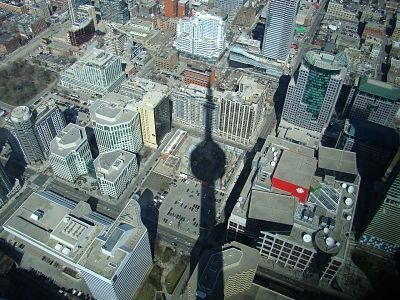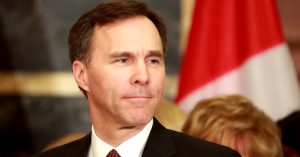According to the United Nations, 1 in 2 people, representing over 3.5B people worldwide, live in a city. By 2030, it is estimated that over 60% of the world’s population will live in cities. Although these metropolises represent just 3% of the Earth’s land, they account for 60-80% of energy consumption and more than 75% of carbon emissions – and these numbers are growing. Rapid urbanization is exerting pressure on fresh water supplies, sewage systems, the natural environment, public health and more.
But it isn’t all doom and gloom. In each of these challenges exists an opportunity for human ingenuity and entrepreneurism. Cities are global economic engines and the drivers of 21st century innovation, bringing gains in efficiency and technology, while reducing resource and energy consumption. Cities are hubs for ideas, commerce, culture, science, productivity and social development to name a few.
Consequently, there are many questions for engineers to consider:
- How do we maintain cities in a way that continues to create jobs and prosperity without straining environmental resources?
- How do we address shared urban challenges, such as the declining state of infrastructure, congestion or a lack of funds to provide basic services, like adequate housing, improved transportation options and so on?
Whether it is breakthroughs in green infrastructure, low-emission transportation, super-efficient buildings, fuel cells, or recycling and capture systems, it is clear that specific actions to lower emissions and make cities more sustainable require the expertise of engineers. While attention for these initiatives is often generated from politicians, economists and industry leaders, without engineers, none of these plans are possible.
OSPE is pleased to sponsor a series of luncheon seminars that carries outcomes of the COP21 Climate Change Conference forward to provide examples of sustainable cities.
Join us on April 7 for Beyond COP21: Global Sustainable Cities – Part 1 of 3
Speakers include:
Alex Gill, Executive Director, Canadian Environment Industry Association
- David MacLeod, Senior Environmental Specialist, Environment & Energy Division, City of Toronto
- Glenn Miller, Senior Associate, Canadian Urban Institute
- Moderator: Jeanette Southwood, Vice President – Strategy and Partnerships, Engineers Canada
The seminars offer an overview of sustainable cities and discussion about the sustainability initiatives that cities around the world are undertaking. We will also explore how different global cities are approaching sustainability from a spatial perspective, and will include food and waste issues.
Infrastructure resilience is an important theme. There will be a focus on the City of Toronto’s efforts, including discussion of climate risk assessment work, work done by Toronto Hydro and on the concept of interdependency.
The speakers will end with a discussion of the business perspective and innovations that can be used to create more sustainable cities. There will also be a Q&A opportunity.
OSPE members receive a significant discount for this event. Use Promo Code M1PartnerOSPE and register here.







